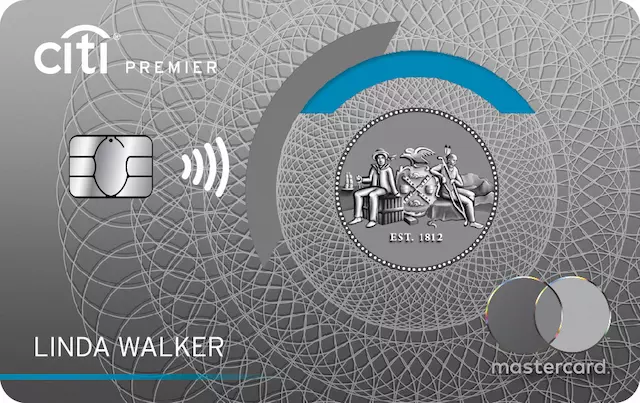In accordance with the “Coronavirus Aid, Relief, and Economic Security Act”, $2 trillion will be injected into our economy harmed by the coronavirus outbreak and close to 80% of Americans will receive stimulus checks of up to $1,200. For those who qualify, the payments will start going out from the IRS later this week.
Some Americans however, will fall through the cracks and won’t be able to take advantage of this financial aid. High-income earners, most college students, immigrants without Social Security numbers and some adults with disabilities are among those who are not eligible to receive this financial aid. The main reason for one’s ineligibility is that the stimulus payment is technically an advance on tax credit and one’s eligibility or ineligibility is based on one’s tax return.
Here is an outline of who is not eligible to receive stimulus checks.
High-income filers
If your adjusted gross income is greater than $99,000 (single or married filing separately) or greater than $136,500 (head of household) or greater than $198,000 (married filing jointly) you will not qualify for an Economic Impact Payment.
College students or 17-year-olds
If you’re under 17 years old and your parents pay 50% or more of your expenses, they most likely claim you as a dependent on their taxes. The federal government will pay your parents $500 for you, but you’re not eligible to get your own stimulus check.
American taxpayers are allowed to claim a full-time student between the ages of 19 and 24 as a dependent. If you’re a college student under 24 years old and your parents similarly pay for your expenses, your parents will not get $500 for you, nor can you claim the $1,200 stimulus check.
Elderly dependents
If you’re an older dependent who is claimed on someone else’s return, you will not qualify for receiving the stimulus check. However, senior citizens who are on Social Security or make less than the income cap and are not claimed as dependents are eligible to receive the stimulus payment.
If you’re a disabled adult who is claimed as a dependent by your parents or other relatives on their taxes, you will not qualify for receiving the stimulus check. It is worthy to note, that people who get disability benefits from the Social Security Administration or Veterans Affairs are eligible for the payments regular $1200 payments as long as they aren’t claimed as a dependent.
Anyone who’s supporting adults with disabilities will not qualify for the additional $500 check, but they will receive their own stimulus check if their income is within the qualifying adjusted gross income range.
Parents of a 2020 newborn
The $500 stimulus payment per child is based on 2019 or 2018 taxes. If you’re a parent who welcomed a baby this year, you will not get the stimulus payment for the baby now. You will be able to claim the regular Chile Tax Credit next year when you file taxes.
Parents who split custody
Because the stimulus payments are based on your 2019 tax return, if you’re a parent who isn’t married and splits custody, taking turns each year claiming your kids as dependent on your taxes, and if the 2019 was not the year when you claimed the kids, you’re not eligible to receive the additional $500 stimulus check per child.
Parents who owe back child support
Child support payments overdue typically lead to tax refunds being garnished and the stimulus law doesn’t put this debt on hold (unlike other debts such as overdue student loans or back taxes). Your stimulus check can be garnished if you’re overdue on child support payments.
People without Social Security numbers
You don’t have to be an American citizen to get a stimulus payment, but you need a valid Social Security number. If you don’t have a social security number, if you’re a nonresident alien, or a temporary worker, you won’t receive the stimulus check. In other words, if you filed Form 1040-NR or Form 1040NR-EZ, Form 1040-PR or Form 1040-SS for 2019 you are ineligible to receive the stimulus payment.
If you’re an illegal immigrant you won’t receive the stimulus check.
Although some filers, such as high-income filers, students, and dependent adults, will not qualify for an Economic Impact Payment, most people in America will. Our complete $1,200 stimulus check guide provides the most updated information on how much of the stimulus check you will get, and when and how your eligibility will be determined.









